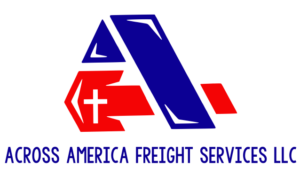Deliver Your Company’s Freight With Ease
"*" indicates required fields
FAQs
The primary differences between less-than-truckload (LTL) and truckload (TL) shipments are the amount of space they occupy in a trailer and how they’re transported.
LTL freight is larger than parcel but doesn’t fill an entire trailer (typically less than 15,000 lbs.). Basically, several smaller shipments are combined to fill an entire 28-foot pup trailer. Rates are based on space used, weight, freight class, accessorial, and where it’s traveling from and to — and rates are often pre-established. LTL shipments travel through a “hub and spoke” network (making multiple stops at service centers between the shipper and consignee). Customers who ship LTL like that it’s cost effective and allows for flexibility.
Truckload freight shipments are larger than LTL, taking up all or most of the space on a truck (typically 15,000 to 45,000+ pounds). Contract carriers typically transport truckload shipments, and rates are negotiated on a per-load basis (determined by the market, supply, and demand). Because loads are not consolidated and the carrier picks up and drives straight to the destination, transit times are often faster. Truckload offerings include equipment like 53-foot dry vans, flatbeds, refrigerated units, intermodal containers, and other specialized equipment.
A Bill of Lading (BoL) is a form that details the journey of a shipment. It identifies the commodity, serves as a receipt, and functions as a legally binding contract between the carrier and shipper. A BoL is necessary before freight pick up and transportation.
The time it takes for a shipment to arrive depends on where it’s going, how it’s moving and the services that are selected. It can arrive as soon as the same day or as late as weeks out. For example, a dedicated ground shipment would travel quicker than a standard LTL shipment.
We work with the most reputable contract carriers across the nation, each of which is required to go through numerous steps to meet the U.S. Department of Transportation’s strict Compliance, Safety and Accountability (CSA) requirements.
